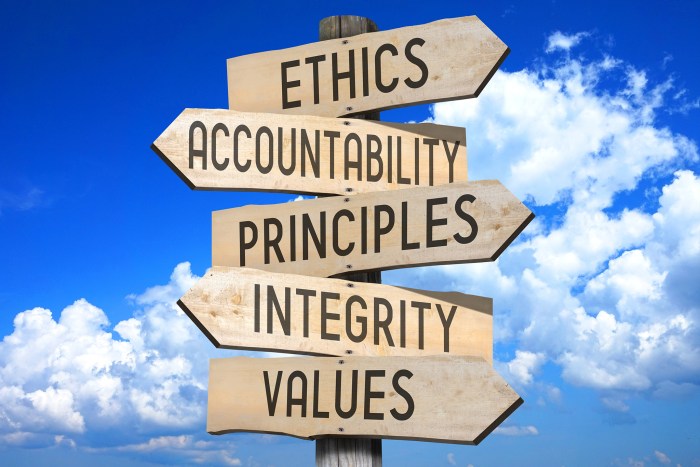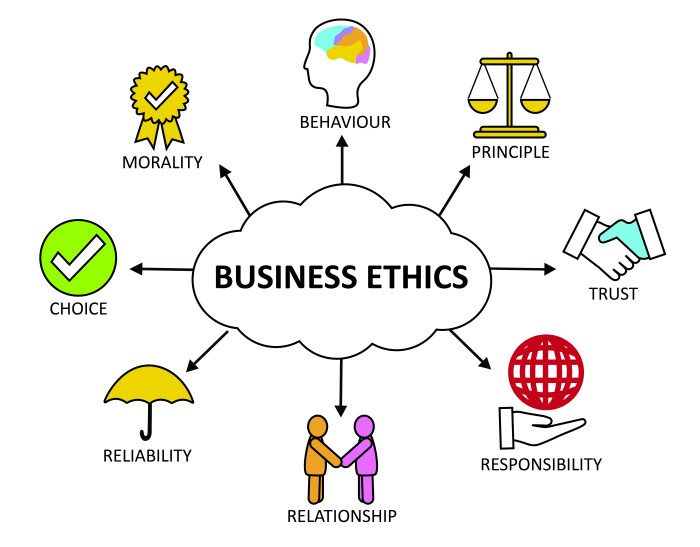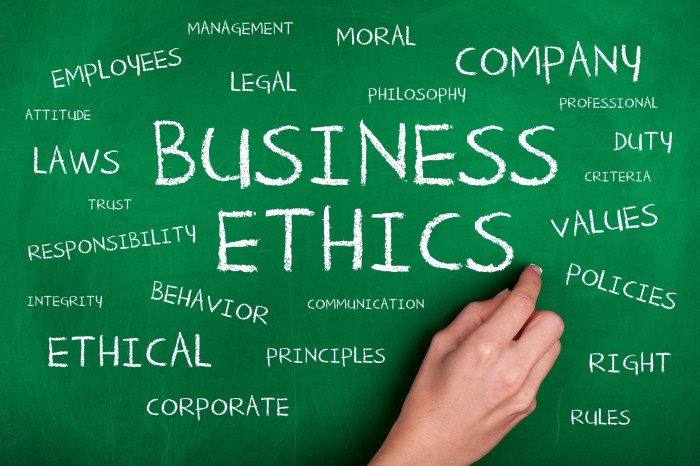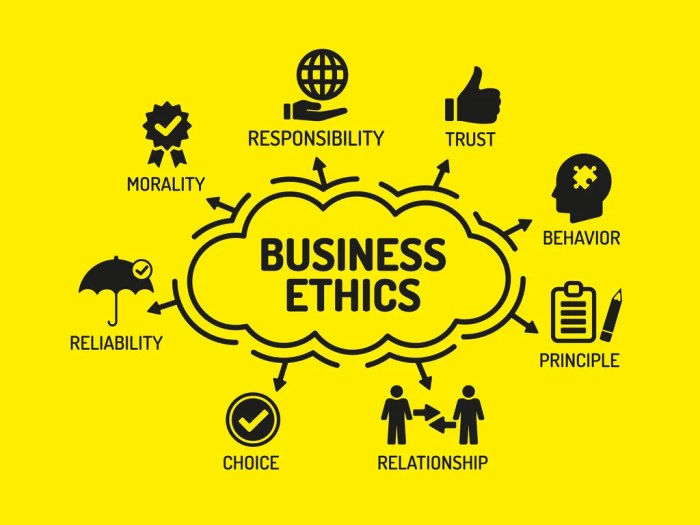Business law the ethical global and e-commerce environment pdf – In today’s rapidly evolving global marketplace, business law plays a pivotal role in shaping ethical practices, fostering innovation, and safeguarding consumer interests. The “Business Law: The Ethical, Global, and E-commerce Environment” PDF provides a comprehensive exploration of these critical legal frameworks, offering insights into the challenges and opportunities that businesses face in the modern era.
This in-depth guide examines the ethical dilemmas posed by cross-cultural operations, the regulatory landscape governing e-commerce, and the protection of intellectual property rights in the digital realm. It also delves into consumer protection measures, dispute resolution mechanisms, and emerging trends that are reshaping the business landscape.
Ethical Considerations in Global Business Law
Businesses operating in different cultural and legal frameworks face complex ethical dilemmas. These include navigating cultural differences, complying with local laws, and balancing economic interests with social responsibility.
International organizations and agreements, such as the United Nations Global Compact and the Organization for Economic Cooperation and Development (OECD), play a vital role in promoting ethical conduct. They establish standards and guidelines for businesses to follow.
Best Practices for Ethical Decision-Making in a Global Context
- Conduct thorough due diligence on potential partners and markets.
- Establish clear ethical policies and guidelines for employees.
- Foster a culture of transparency and accountability.
- Engage with local stakeholders and communities.
- Monitor and evaluate ethical performance regularly.
Regulatory Landscape for E-commerce

E-commerce transactions are governed by a complex legal and regulatory framework. This includes laws related to consumer protection, data privacy, intellectual property, and taxation.
Online and offline retail regulations differ significantly. Online businesses must comply with regulations specific to digital transactions, such as website accessibility and online payment security.
Challenges and Opportunities Presented by Cross-Border E-commerce
- Navigating different legal and regulatory frameworks.
- Ensuring compliance with customs regulations.
- Addressing cross-border tax implications.
- Capitalizing on global markets and reaching new customers.
- Leveraging technology to streamline cross-border transactions.
Data Privacy and Protection in E-commerce
Businesses have a legal obligation to protect customer data collected through e-commerce transactions. This includes implementing robust data security measures and complying with data privacy laws.
Data privacy laws and regulations vary around the world. The European Union’s General Data Protection Regulation (GDPR) is a comprehensive framework that sets high standards for data protection.
Best Practices for Data Privacy and Security in E-commerce
- Implement strong encryption measures to protect data.
- Obtain explicit consent from customers for data collection and use.
- Limit data collection to what is necessary.
- Provide customers with access to and control over their data.
- Conduct regular security audits and vulnerability assessments.
Intellectual Property Rights in E-commerce

Intellectual property rights protect creative works in the digital environment. This includes copyrights, trademarks, and patents.
Enforcing intellectual property rights online can be challenging due to the ease of digital reproduction and distribution.
Best Practices for Protecting Intellectual Property Rights in E-commerce
- Register trademarks and copyrights to protect intellectual property.
- Implement digital rights management (DRM) technologies to prevent unauthorized use.
- Monitor online marketplaces for potential infringement.
- Collaborate with law enforcement and industry groups to combat piracy.
- Educate customers about the importance of respecting intellectual property rights.
Consumer Protection in E-commerce
Consumers who purchase goods or services online have certain legal protections. These protections include the right to a refund or exchange, and the right to privacy and security.
Consumer protection laws and regulations differ in different jurisdictions. The United States has the Federal Trade Commission (FTC), while the European Union has the Consumer Rights Directive.
Best Practices for Protecting Consumer Rights in E-commerce
- Provide clear and accurate product descriptions.
- Establish fair and transparent return policies.
- Protect customer data and privacy.
- Respond promptly to customer inquiries and complaints.
- Comply with all applicable consumer protection laws and regulations.
Dispute Resolution in E-commerce

Disputes between parties involved in e-commerce transactions can be resolved through various methods.
These methods include arbitration, mediation, and litigation. Each method has its own advantages and disadvantages.
Best Practices for Resolving Disputes in E-commerce, Business law the ethical global and e-commerce environment pdf
- Include clear dispute resolution provisions in terms of service.
- Encourage customers to contact the business directly to resolve disputes.
- Consider using alternative dispute resolution (ADR) mechanisms, such as arbitration or mediation.
- Document all communication and interactions related to the dispute.
- Seek legal advice if necessary.
Emerging Trends in Business Law and E-commerce

The legal and regulatory landscape of business law and e-commerce is constantly evolving.
Emerging trends include the rise of artificial intelligence (AI), the growth of blockchain technology, and the increasing focus on sustainability.
How Businesses Are Adapting to These Trends
- Using AI to automate legal tasks and improve efficiency.
- Exploring blockchain technology to create secure and transparent supply chains.
- Adopting sustainable practices to meet consumer demand and comply with environmental regulations.
- Collaborating with governments and industry groups to shape the future of business law and e-commerce.
- Investing in research and development to stay ahead of the curve.
Questions Often Asked: Business Law The Ethical Global And E-commerce Environment Pdf
What are the key ethical considerations for businesses operating globally?
Businesses must navigate cultural differences, respect local laws, and consider the impact of their operations on local communities and the environment.
How does the regulatory landscape for e-commerce differ from traditional retail?
E-commerce transactions are subject to unique regulations governing data privacy, consumer protection, and cross-border trade.
What are the best practices for protecting intellectual property rights in the digital environment?
Businesses should implement robust copyright, trademark, and patent protection measures, as well as monitor online platforms for potential infringements.